Brief Canada rail lockout ends with arbitration
A prolonged shutdown could have threatened the country's supply chain

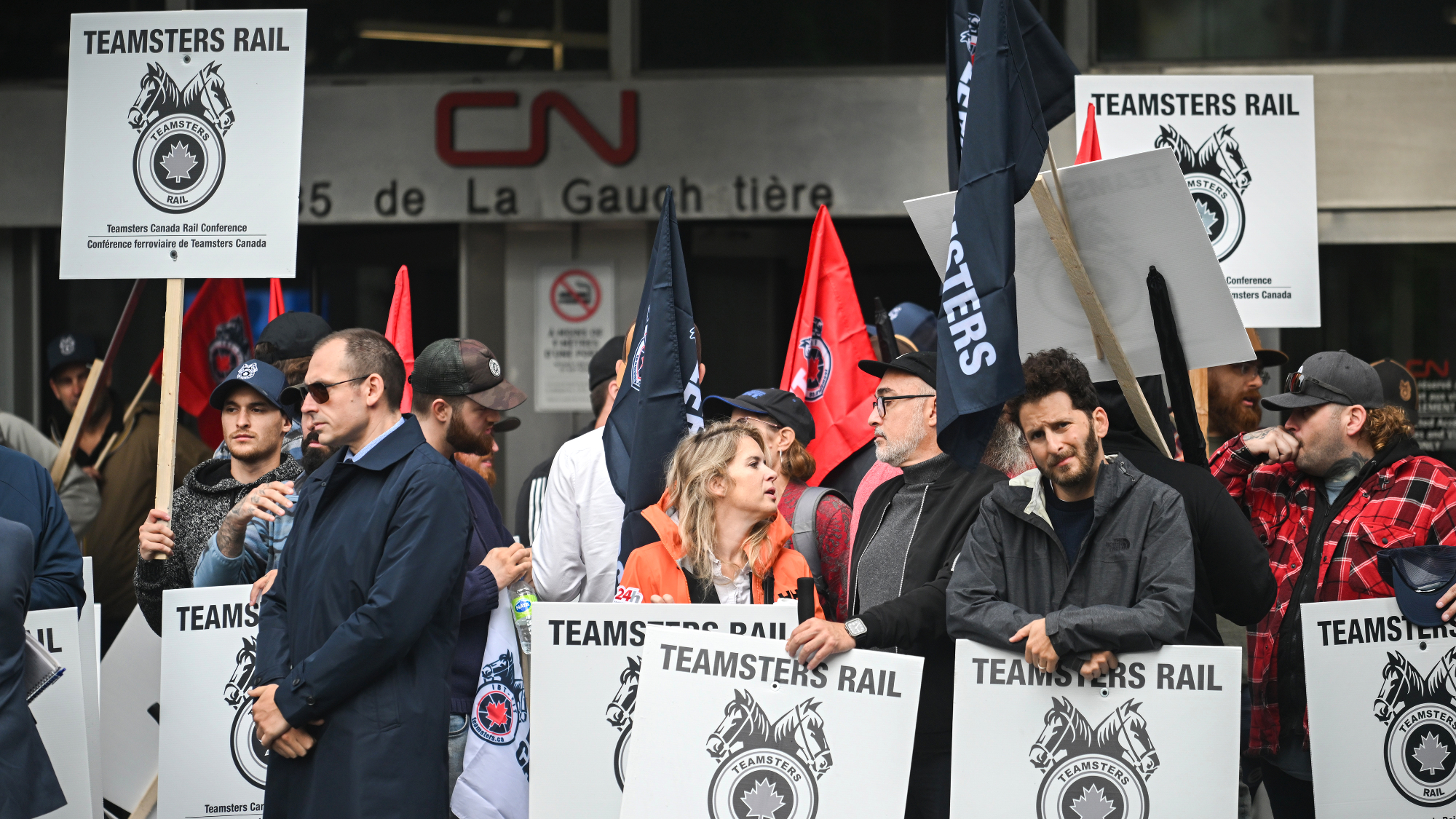
A free daily email with the biggest news stories of the day – and the best features from TheWeek.com
You are now subscribed
Your newsletter sign-up was successful
What happened
The Canadian government ordered the country's two main freight railroads and the Teamsters Canada Rail Conference union into binding arbitration, forcing an end to a 17-hour shutdown. The railroads, Canadian National and Canadian Pacific Kansas City Southern (CPKC), had locked out 10,000 union engineers, conductors and dispatchers at midnight amid an impasse in labor contract negotiations.
Who said what
A "prolonged shutdown could have brought severe economic repercussions" for Canada's "export-driven economy," The New York Times said. Roughly half of Canada's exports, mostly to the U.S., may have come to a halt, snarling supply chains and harming "several sectors of Canada's economy, including agriculture, mining, forestry, oil and manufacturing."
"We gave negotiations every possible opportunity to succeed," said Steve MacKinnon, Canada's labor minister. But "impacts of the current impasse are being borne by all Canadians," and the government has a "responsibility to ensure industrial peace." Teamsters Canada Rail Conference President Paul Boucher said his union is "deeply disappointed by this shameful decision," adding Canadian National and CPKC "manufactured this crisis" and "took the country hostage." The railways, which had asked the government for binding arbitration and been rejected, praised the decision.
What next?
MacKinnon said he expected the trains to start moving again "within days."
The Week
Escape your echo chamber. Get the facts behind the news, plus analysis from multiple perspectives.

Sign up for The Week's Free Newsletters
From our morning news briefing to a weekly Good News Newsletter, get the best of The Week delivered directly to your inbox.
From our morning news briefing to a weekly Good News Newsletter, get the best of The Week delivered directly to your inbox.
A free daily email with the biggest news stories of the day – and the best features from TheWeek.com
Rafi Schwartz has worked as a politics writer at The Week since 2022, where he covers elections, Congress and the White House. He was previously a contributing writer with Mic focusing largely on politics, a senior writer with Splinter News, a staff writer for Fusion's news lab, and the managing editor of Heeb Magazine, a Jewish life and culture publication. Rafi's work has appeared in Rolling Stone, GOOD and The Forward, among others.
-
 The ‘ravenous’ demand for Cornish minerals
The ‘ravenous’ demand for Cornish mineralsUnder the Radar Growing need for critical minerals to power tech has intensified ‘appetite’ for lithium, which could be a ‘huge boon’ for local economy
-
 Why are election experts taking Trump’s midterm threats seriously?
Why are election experts taking Trump’s midterm threats seriously?IN THE SPOTLIGHT As the president muses about polling place deployments and a centralized electoral system aimed at one-party control, lawmakers are taking this administration at its word
-
 ‘Restaurateurs have become millionaires’
‘Restaurateurs have become millionaires’Instant Opinion Opinion, comment and editorials of the day
-
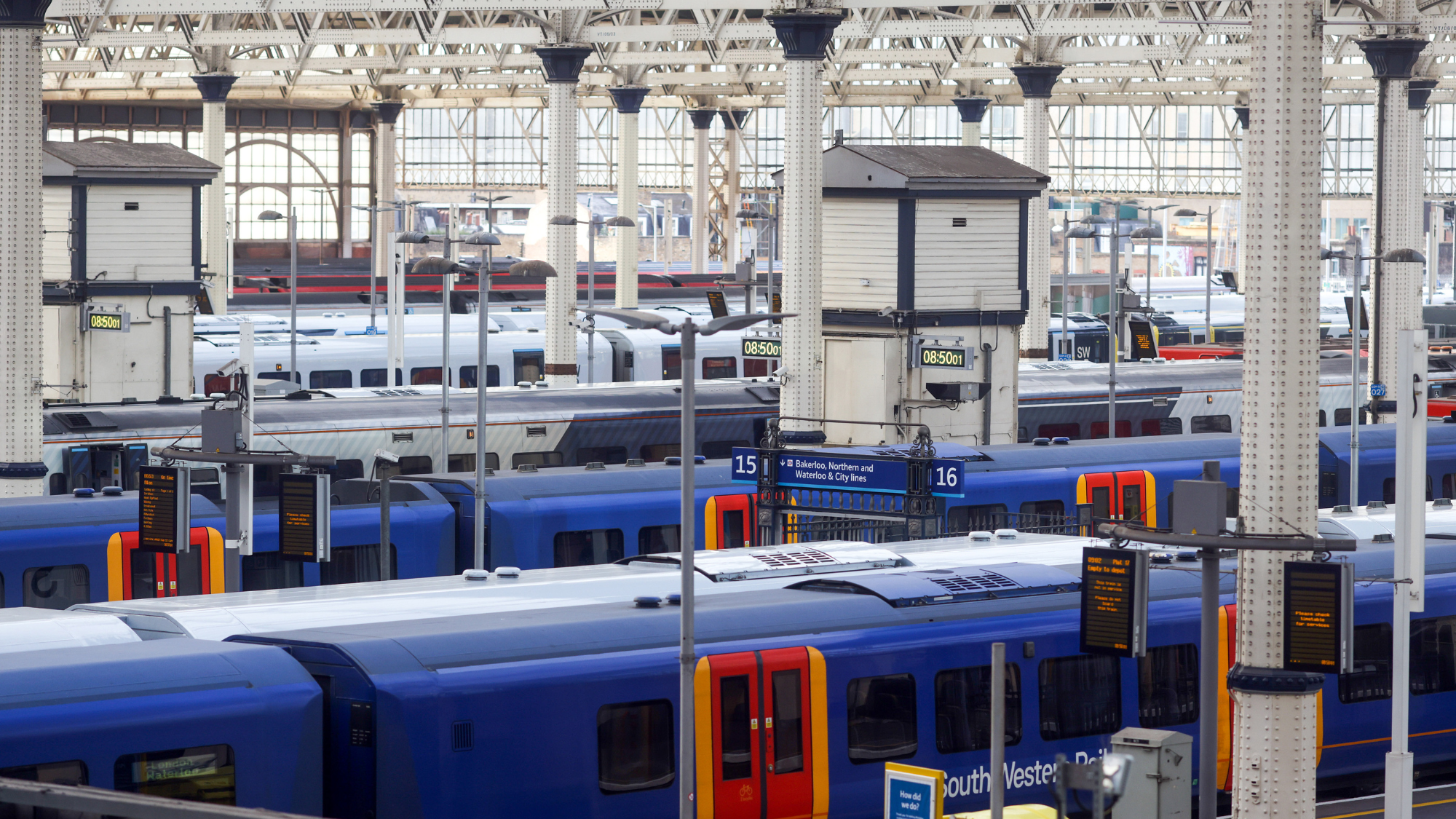 Is it finally all change for train Wi-Fi?
Is it finally all change for train Wi-Fi?In The Spotlight South Western Railway's 5G Wi-Fi service has changed the way passengers connect – but will the new system catch on?
-
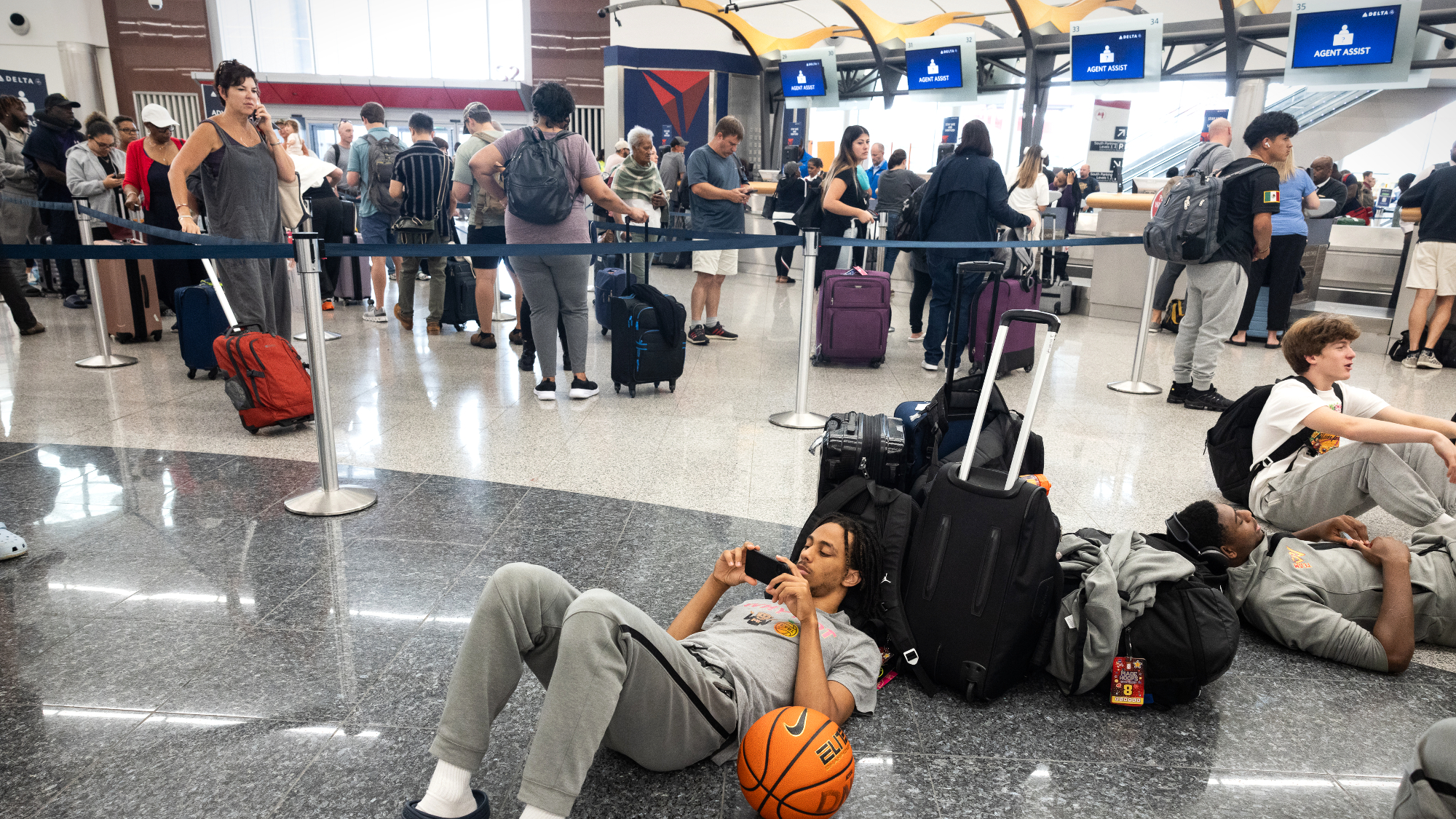 Tech outage ensnarls Delta, prompts hearings
Tech outage ensnarls Delta, prompts hearingsSpeed Read The airline is under federal investigation for its handling of flight cancellations that stranded hundreds of passengers
-
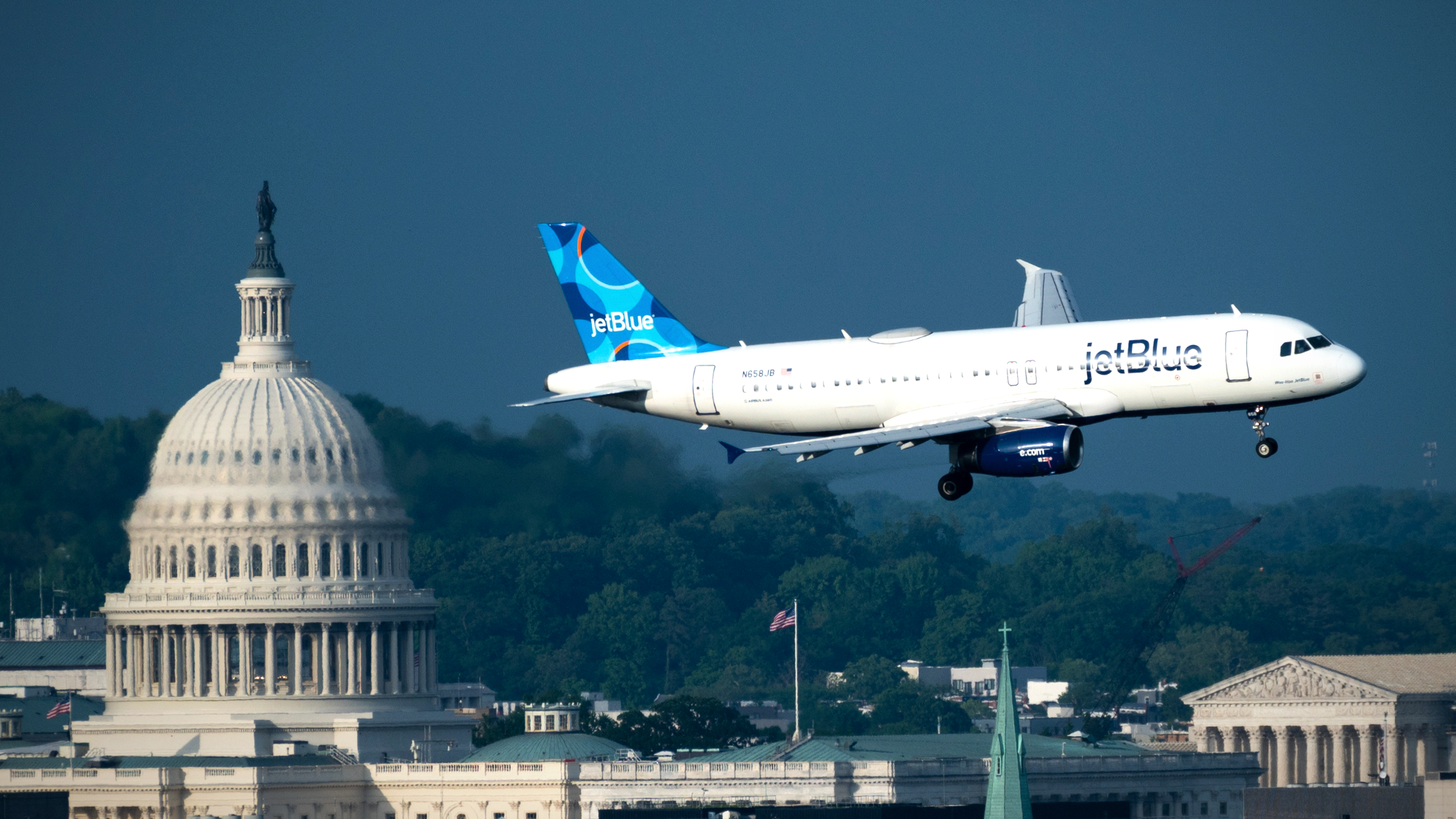 Senate passes FAA bill with new consumer protections
Senate passes FAA bill with new consumer protectionsSpeed Read The legislation will require airlines to refund customers for flight delays
-
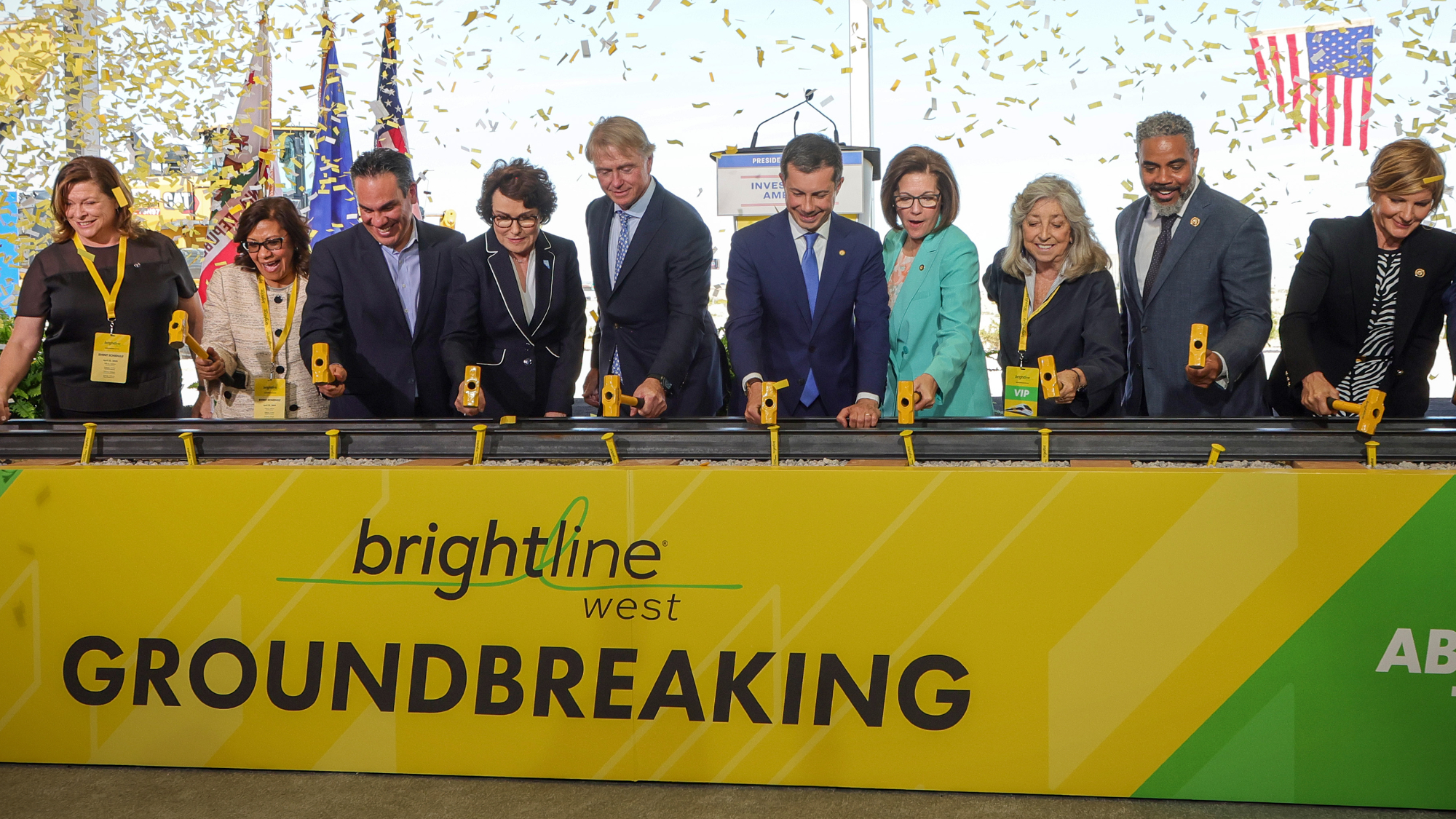 LA-to-Las Vegas high-speed rail line breaks ground
LA-to-Las Vegas high-speed rail line breaks groundSpeed Read The railway will be ready as soon as 2028
-
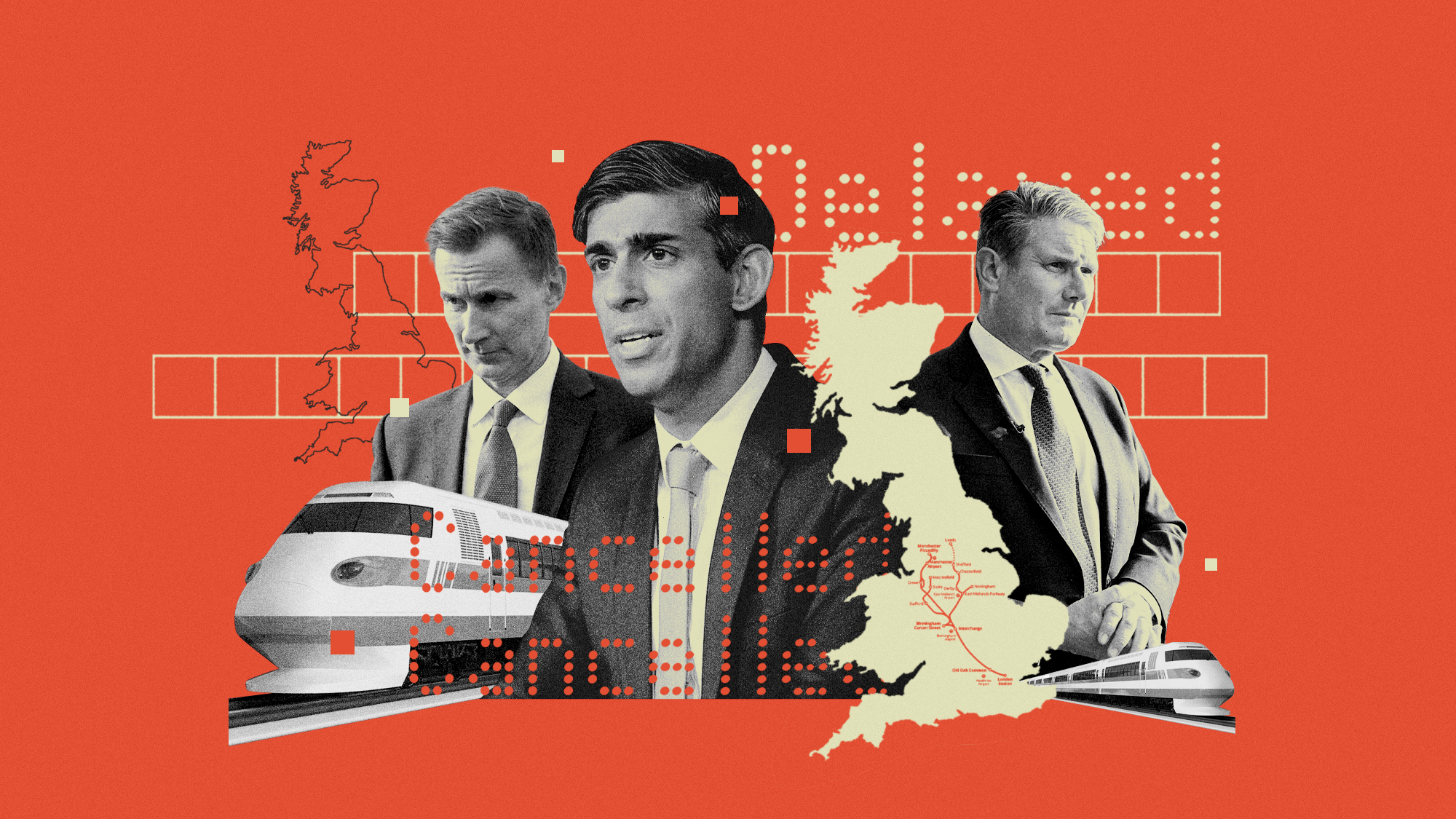 Can HS2 get back on track?
Can HS2 get back on track?Today's Big Question West Midlands mayor offers business solution to keep northern leg but final decision may rest with Labour
-
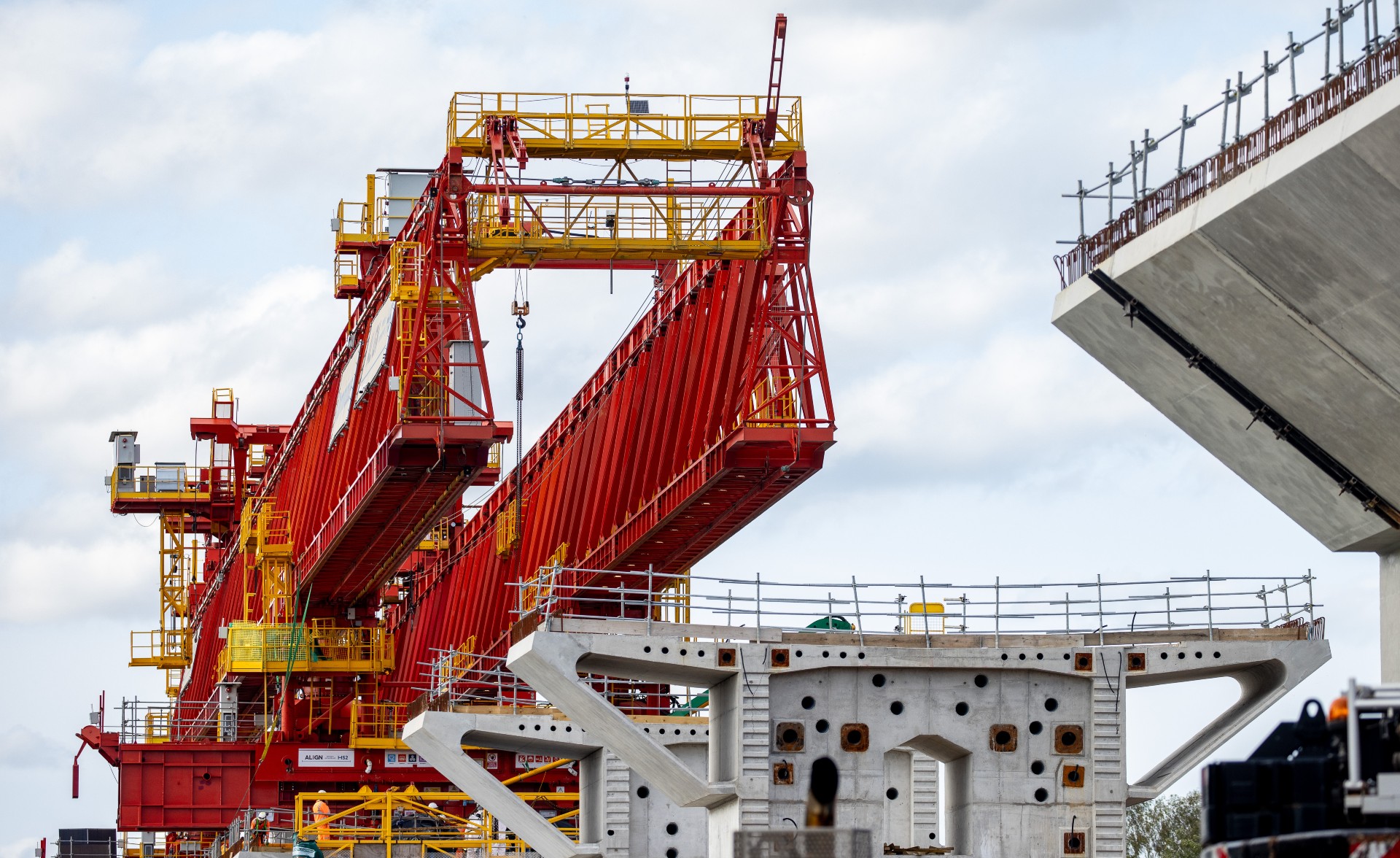 HS2: a runaway train
HS2: a runaway trainTalking Point PM may cut Manchester to Birmingham line of beleaguered rail project due to spiralling costs
-
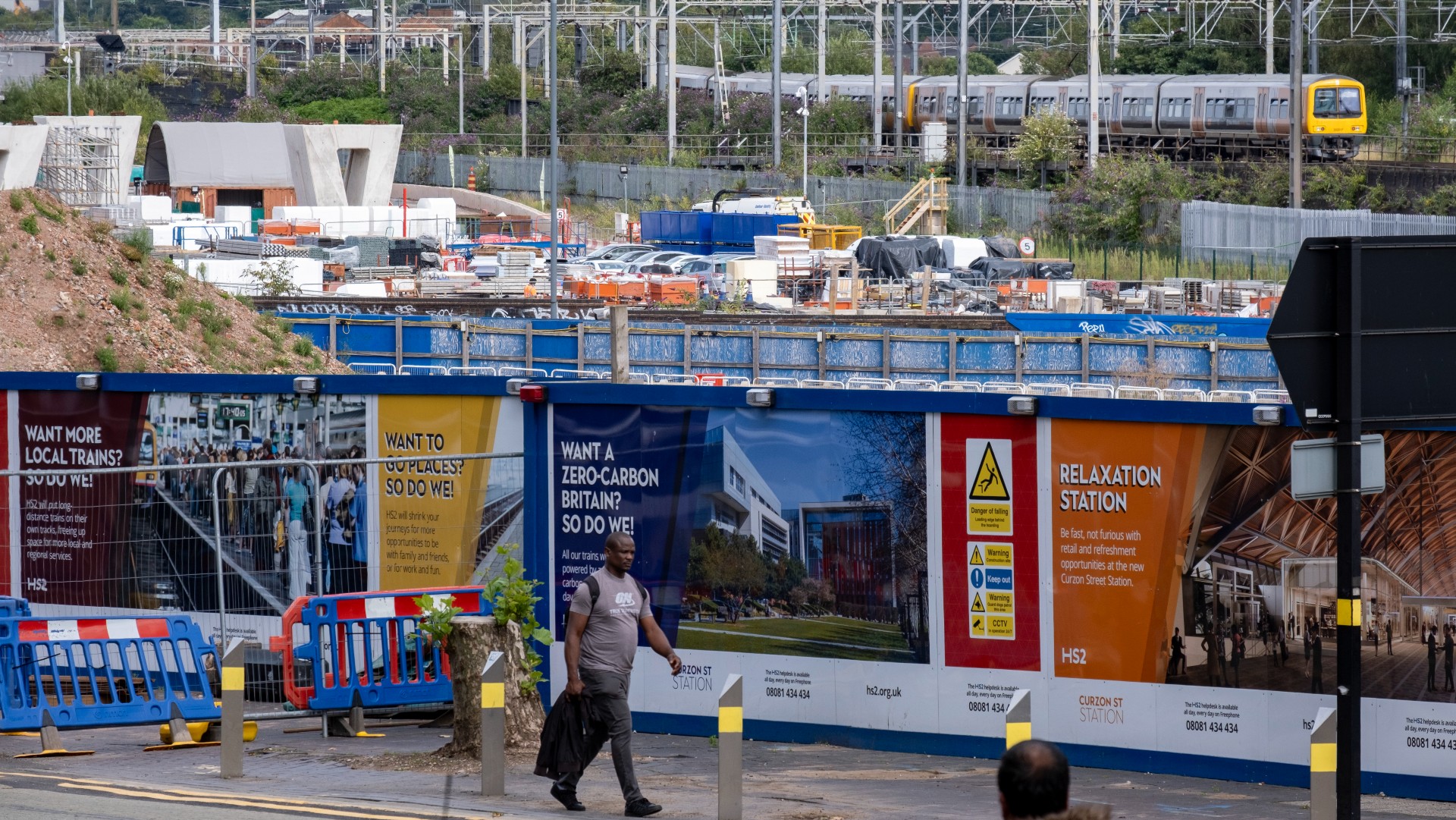 Is Britain’s infrastructure failing?
Is Britain’s infrastructure failing?feature High costs, inflation, policy uncertainty and ‘nimby’ tax have led to ‘dire state’ of UK building projects
-
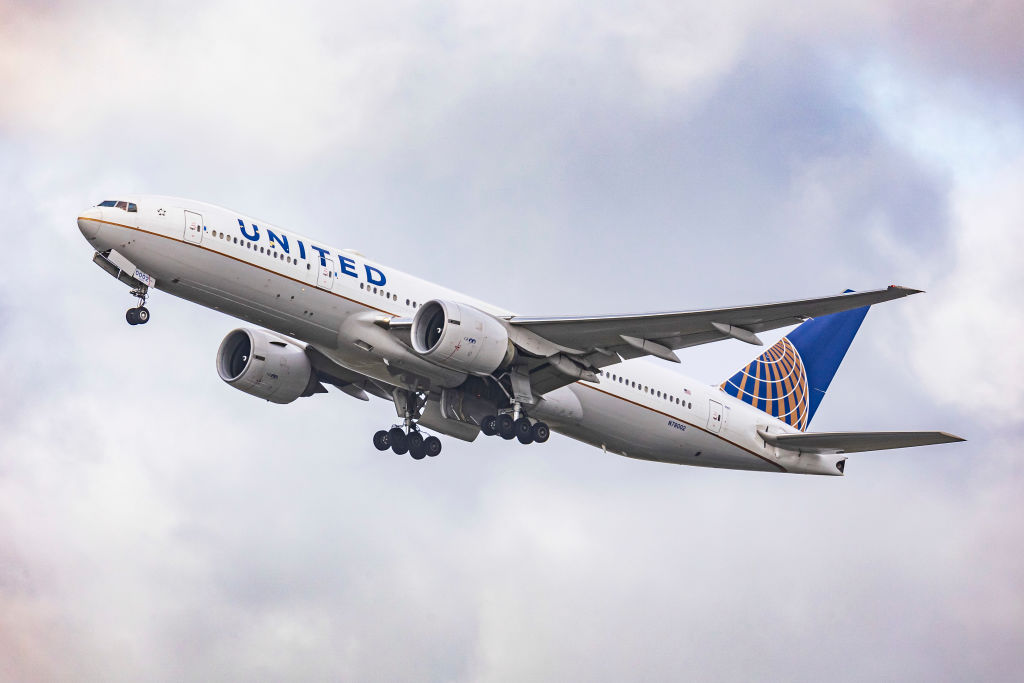 United Airlines reaches tentative deal with pilots for 40% raises
United Airlines reaches tentative deal with pilots for 40% raisesSpeed Read
